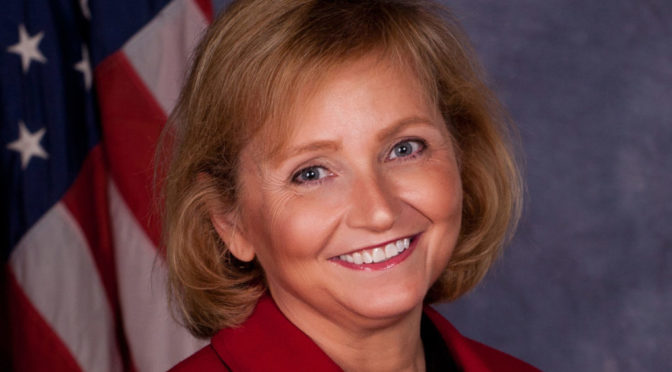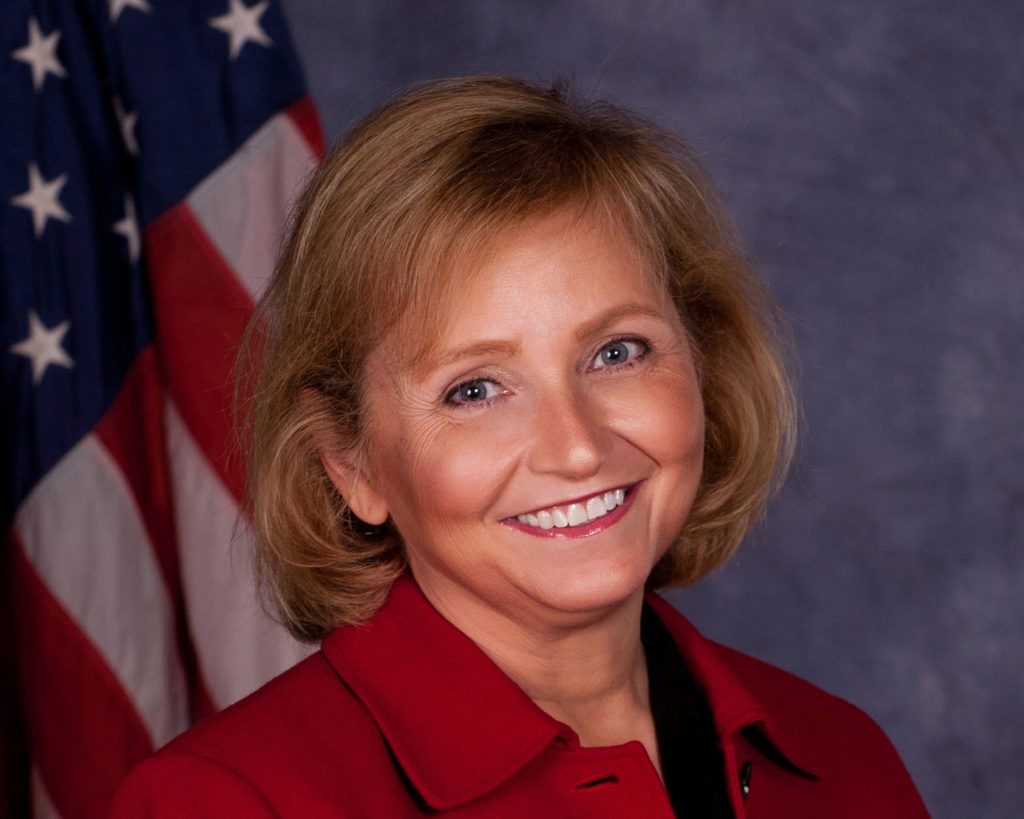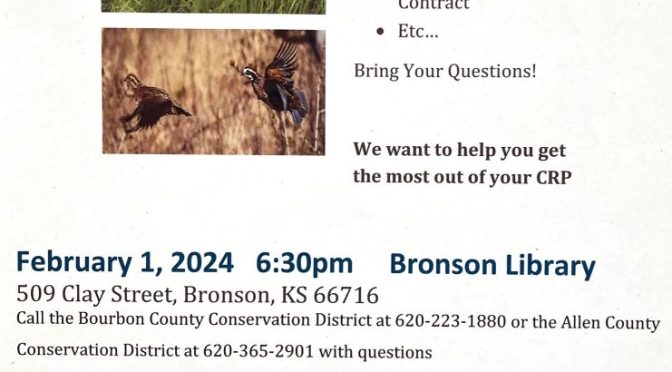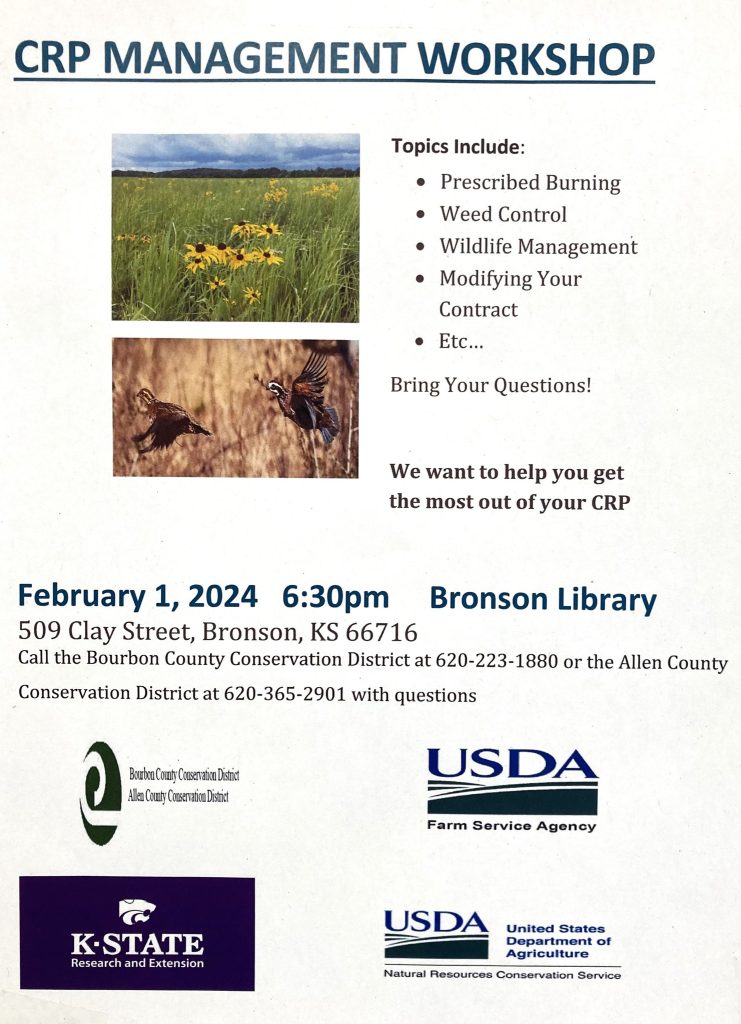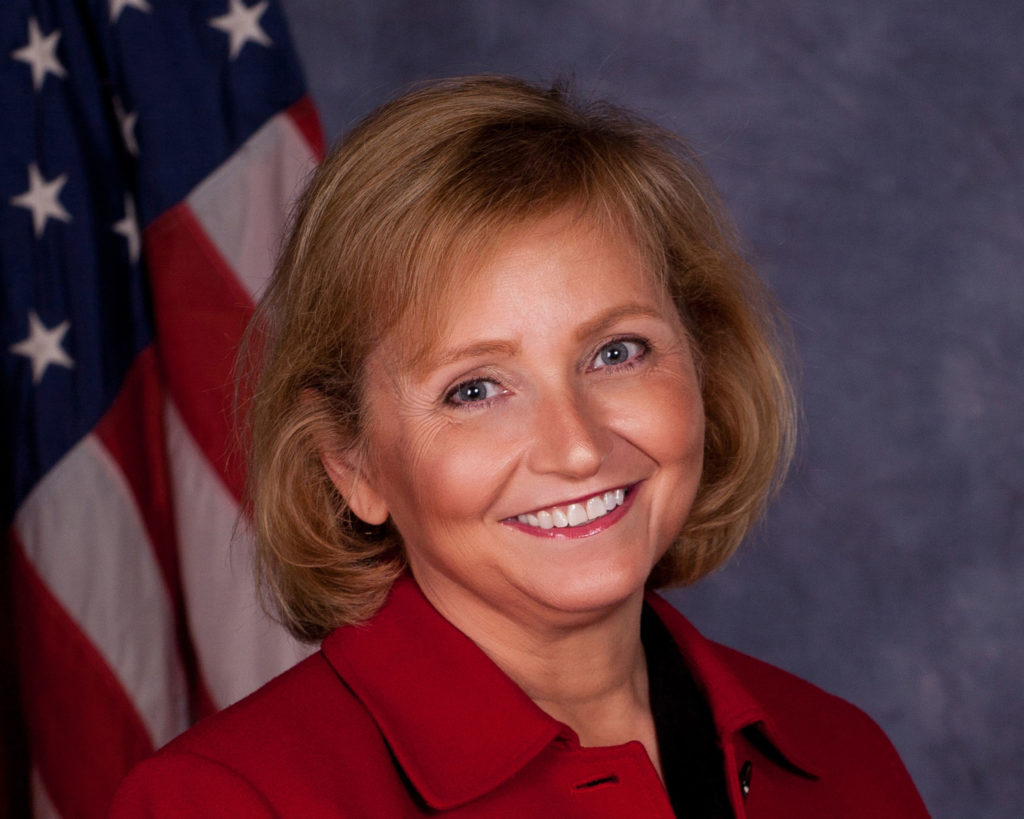January 26, 2024
Tax relief was vetoed by the Governor. A bipartisan vote sent CCR 2284 to the Governor’s desk. The Governor vetoed the legislation the same day it was put on her desk – blocking major tax cuts that would:
- Eliminate state income taxes for over 340,000 low income tax filers
- Eliminate state income tax on Social Security
- Increase standard deductions to offset inflation
- Increase personal income tax exemptions to offset inflation
- Increase personal exemption increase for Veterans with 100% disability to offset inflation
- Provide property tax relief to over one million residents – increased each year to offset inflation
- Eliminate the state sales tax on groceries in April 1, 2024, instead of 2025
It is disappointing the Governor has given over $1 billion in tax breaks to one foreign company, but she vetoes tax bills that will help Kansans. In 2021, she vetoed a tax bill saying it was reckless and would break the state. The legislature overrode the veto and there is still over $3 billion in the state coffers. She favors major corporations over Kansans struggling to pay their bills. Last year she vetoed two tax bills that she said would “break the state” or “had too many provisions” – her words. Yet she signed tax bills with more provisions into law and gave billions in tax breaks to corporations. Her actions speak volumes.
You would think there would be a sure path to a veto override. We will find out where legislators stand on this important issue. The Governor says she will not sign a bill with a flat tax and that it only helps the rich. How can eliminating state income tax for over 340,000 low income Kansans be helping the rich? Also, it is not a flat tax even though people are using that terminology. Check the facts.
Committee work is the main focus early in session. It is an important part of the legislative process. Hearings are held. Legislators listen and ask questions before debating and voting on bills. All bills can be found at www.kslegislature.org.
Protect the Border there is legislation being worked on to send the Kansas National Guard to Texas to help secure the border and build the wall. A few of us are working to secure funds to support Texas in their efforts and a resolution is also being drafted. There is also legislation being written to model Texas which would say you cannot reside in Kansas if you entered this country illegally. It is controversial, but we must stop this border crisis and I am doing what I can as a state legislator.
It is an honor and a privilege to serve as your 12th District State Senator.
Caryn
